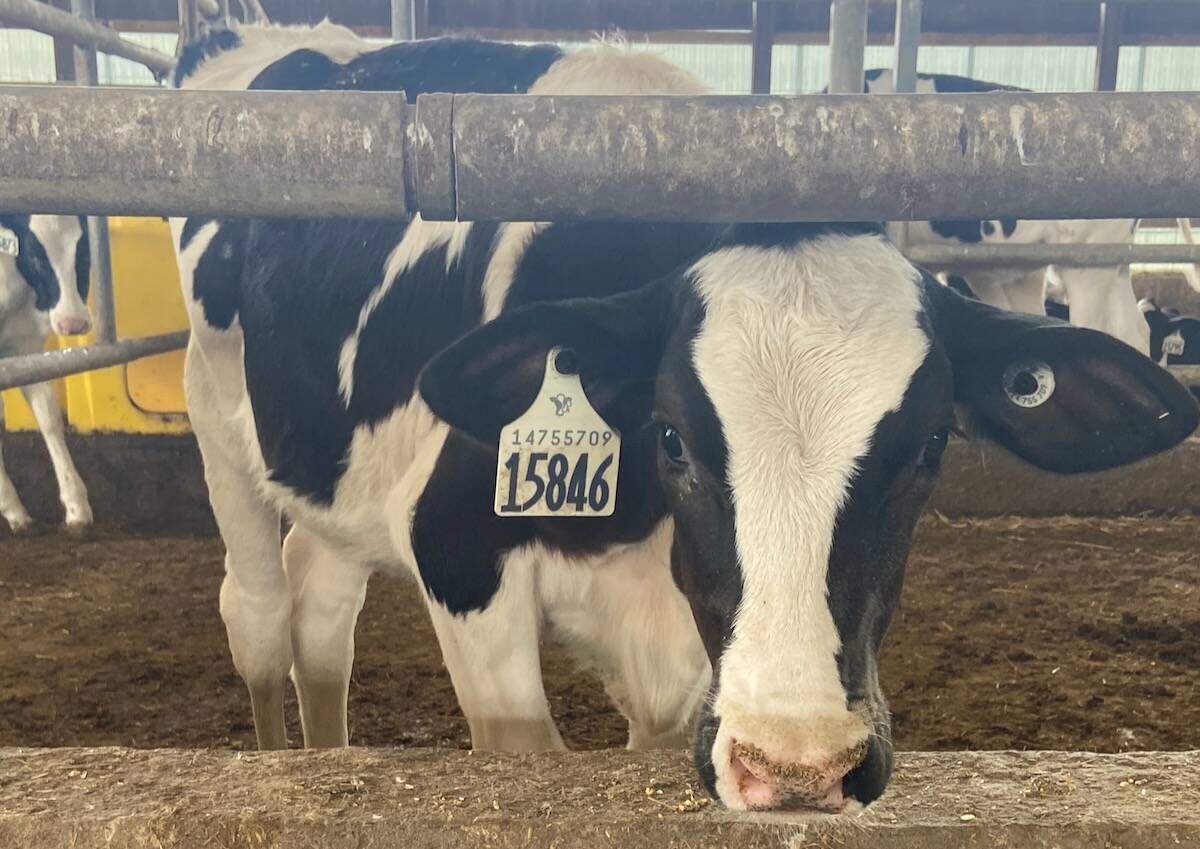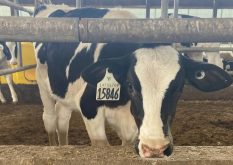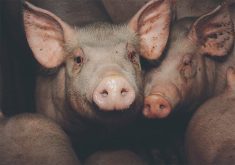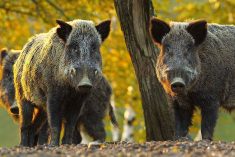Recently I heard from friends that someone offered them a free, registered, two-year-old Palomino mare. They turned down the offer – like many Alberta breeders, in makes more sense right now to cut down the number of horses rather than expand in such a soft market. And while a free horse sounds like a good thing, it’s also very discouraging. When there are free or very inexpensive horses out there, it makes it difficult to sell a horse for a decent price.
For this story, I interviewed breeders from all walks of life and while they differ in many ways, they all seem to have one thing in common. It’s been very challenging during the last several years to earn a living raising and selling foals. This is true for most breeds, whether it’s the more common ones such as Quarter Horses and Paints, or the rarer breeds such as Paso Finos and Andalusians.
Read Also

Rural municipalities push legalization of raw milk onto provincial agenda
Drinking raw milk comes with numerous risks, but proponents of a proposed amendment to Alberta’s Food and Drug Act say legalizing its sale could be a boon for small farms in the province.
In the past, Jocelyn Davis of Devon Ridge Farms in Spruce Grove, AB, marketed her Connemara ponies to the U.S., selling many when they were still on the mare. Foal sales enabled the family to build their barn and arena, but now things have changed. “It’s become difficult to even recoup our expenses when selling young horses,” Jocelyn says. “So we’ve changed the focus of our farm.
“The horse industry in Alberta isn’t dead, it’s just changed. We live near the city where there is a demand for lessons, training and leasing broke horse. There may be lots of horses for sale, but many aren’t trained well enough for the average amateur rider. We’ve found a real niche working with these beginners using our Connemara ponies.”
Keitrina Pettican of the Rusty Horseshoe Ranch at Carvel, AB, has had similar experiences. “It might be difficult selling young horses, but there’s still lots of activity in Alberta’s horse industry,” she says. “We’re kept busy boarding horses for families who live in nearby Edmonton. Many of our boarders are women who are retired, or have more time on their hands now their children have left home. They want to take lessons and become re-educated about horses. So the market remains decent for horses that are quiet, safe and well broke, especially if it will work for kids or beginning adults.”
Some horsemen say that overproduction and the recession in the U.S. have affected the breeding industry in Canada while others say the change in demographics in western Canada has also had an impact on the industry. Fifty years ago a sizable percentage of Albertans lived on farms, or had close connections to rural life. Many people were taught how to ride by their parents, much like they learned to ride a bicycle or throw a ball. Often these parents also had the time and ability to start a young horse themselves, and they passed these skills on to their children. Today, most Albertans live in the city, and this makes horse ownership more costly.
Debbi Barnes of Coronation, AB, has raised Quarter Horses for 10 years now, but still doesn’t find it easy to market her foals in the fall. “I enjoy raising foals,” she says. “It gives me a real feeling of satisfaction to see them go from newborns to started barrel horses. But I certainly couldn’t make a living doing it. Why, I’ve seen nice registered foals sell for under $100 at local auctions.”
On the upside, this is the perfect time for buyers to purchase a horse. Alberta has a fantastic gene pool of quality equines with many available at a reasonable cost. Well broke, attractive horses suitable for competition remain higher priced, but if you have the skill, time and knowledge to work with a young or green horse, there can be some fantastic deals out there.
For example, three years ago a neighbour bought a dun registered Quarter Horse filly for $800. She trained the mare herself, and now has her developed into a fantastic all-round horse, which can compete at local shows, trail ride in the coulees and work a herd of cattle. The mare is quiet, pretty and likely will never be resold because she has become a valuable member of the family. And from a buyer’s perspective that is a very good thing. .














